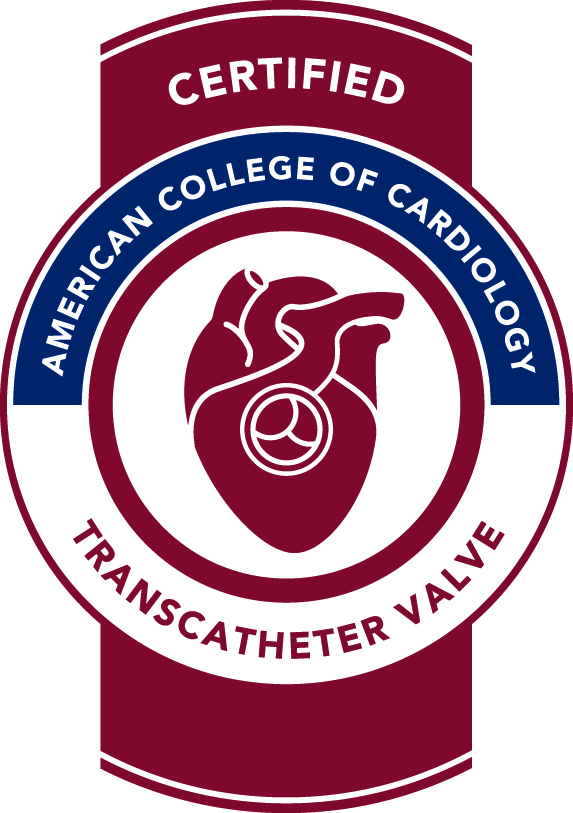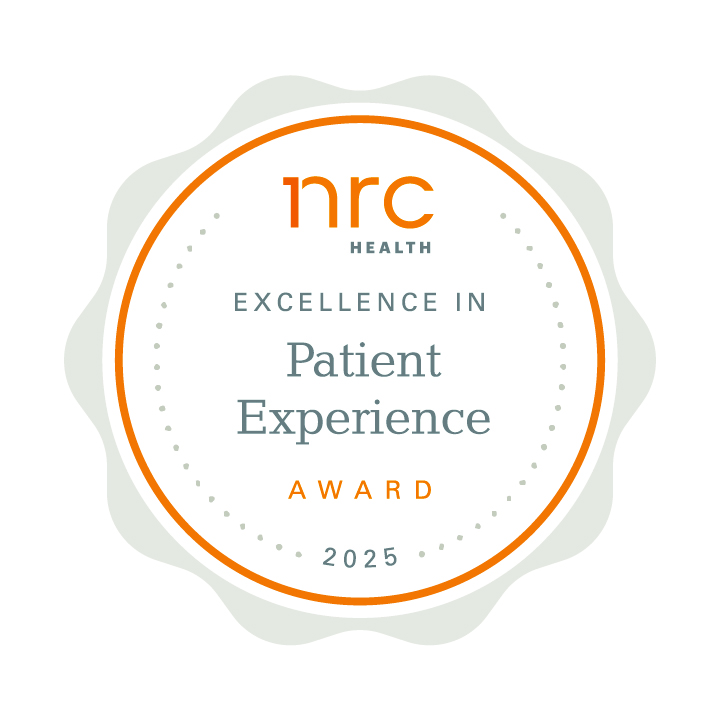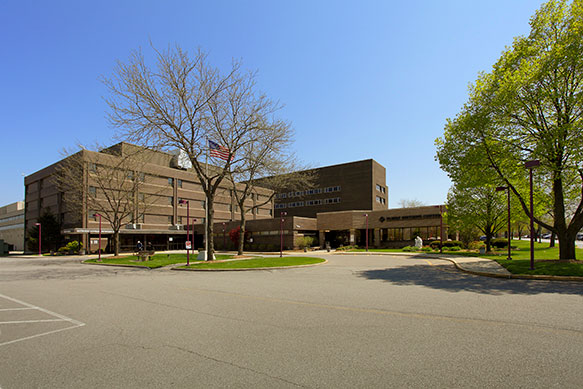
Henrietta Palmer found herself at a crossroads. At 84, Palmer liked to stay busy, but she was having a hard time breathing. She had recently recovered from two rounds of double pneumonia, but she knew something else was wrong.
“I could hardly walk 10 feet without gasping for a breath,” she says.
A visit to a cardiologist showed severe mitral valve regurgitation which places extra strain on the heart because with blood pumping backward, there is less blood going forward. If left untreated, it could cause heart failure.
Doctors had previously told her she needed to have surgery, but she did not think her body could endure the stress of open heart surgery and the risks associated with traditional surgery. She wanted a less invasive option.
A visit for a second opinion with Community Healthcare System’s cardiac team at Community Hospital provided that option.
MitraClip™, a Transcatheter Mitral Valve Repair (TMVr) device, gives new hope to patients who suffer from severe heart disease, but are not ideal candidates for a complex open heart surgery.
After talking everything over with her family, Palmer agreed and became Community Healthcare System’s first TMVr patient.
TMVr is a less invasive approach to open heart surgery that does not require the patient to be placed on a heart-lung machine. Instead, while under sedation, a catheter is inserted into the groin area and threaded through a vein to the heart to gain access to the left-sided heart chambers and enable repair of the mitral valve.
The MitraClip device is a small metal clip covered with a polyester fabric that is implanted on the mitral valve. The device treats mitral valve regurgitation by fastening together a small area of the mitral valve’s flaps. During the procedure, the valve continues to open and close on either side of the clip. This allows blood to flow on both sides of the clip while reducing the flow of blood in the wrong direction.
Palmer felt so good after her surgery that she was not even sure it had happened.
“I didn’t feel a bit of pain,” she says. “This is truly lifesaving. At my age, I was debating should I or shouldn’t I have surgery. I was really worried. I just cannot put into words how grateful I am to the doctors and the hospital. It’s a miracle what they can do. They can save so many lives by offering this treatment option.”
For more information on the Structural Heart & Valve Center, call 219-703-5301 or visit COMHS.org/heart.


